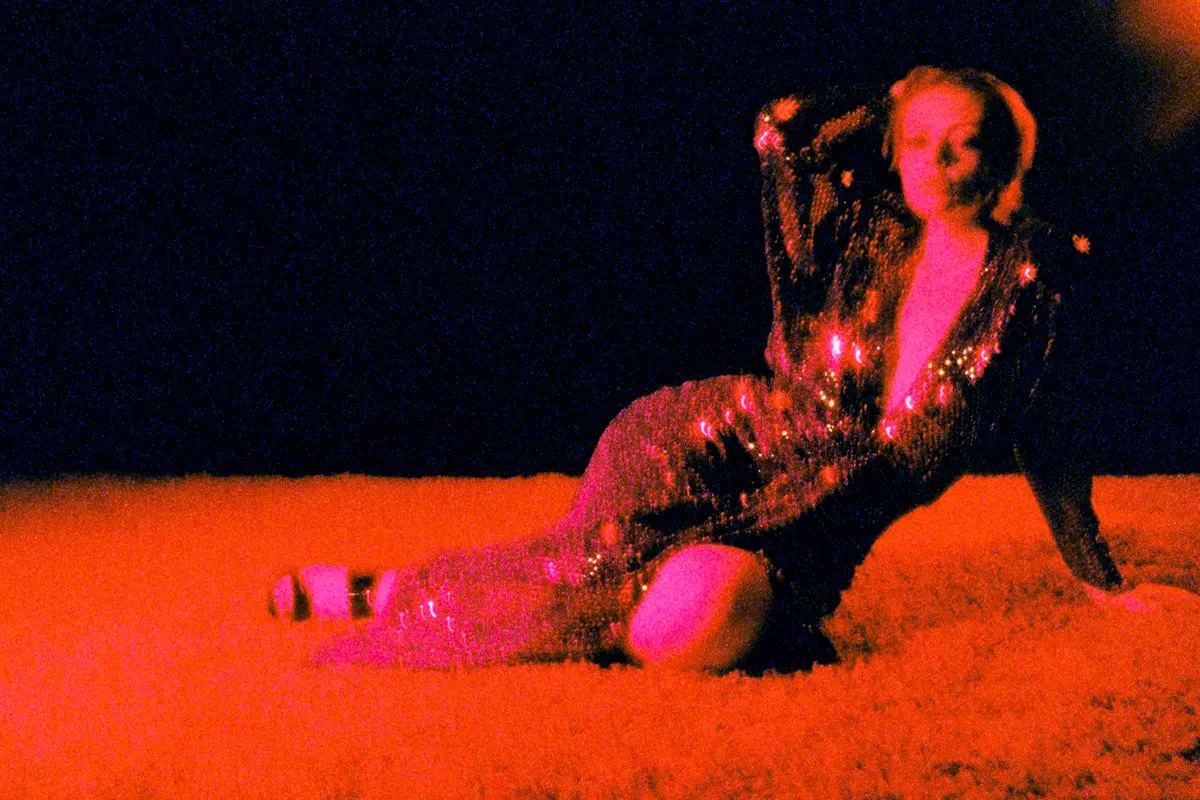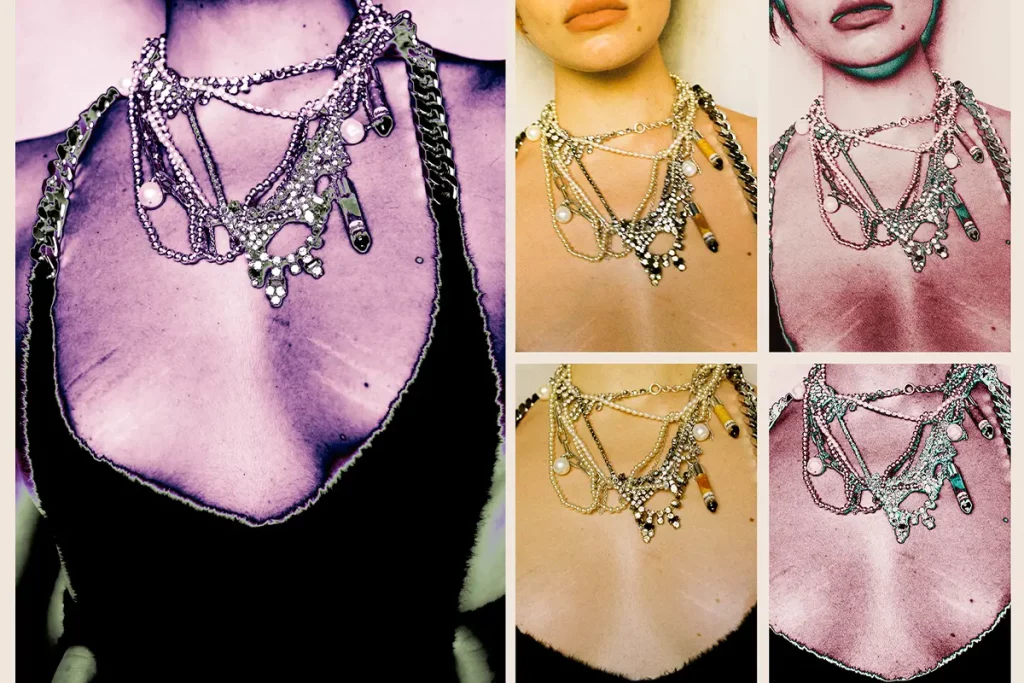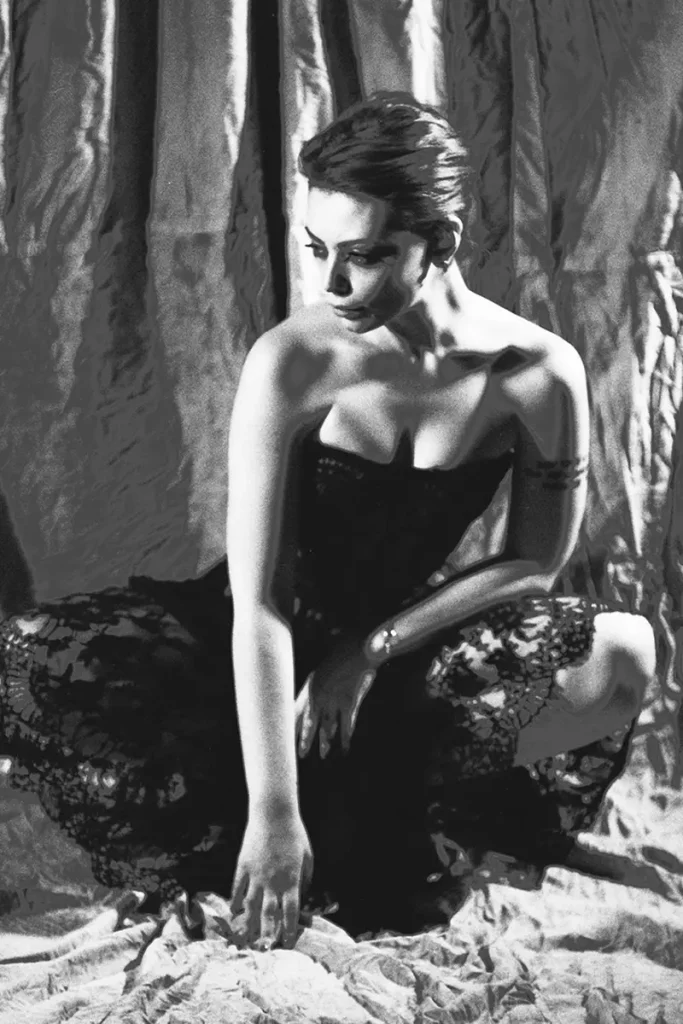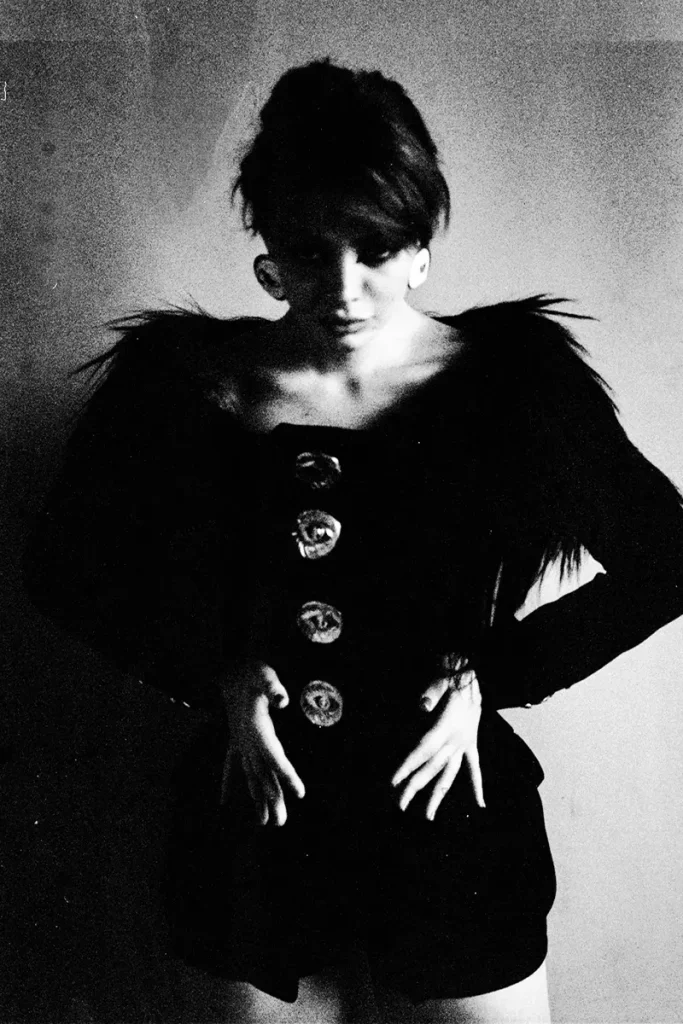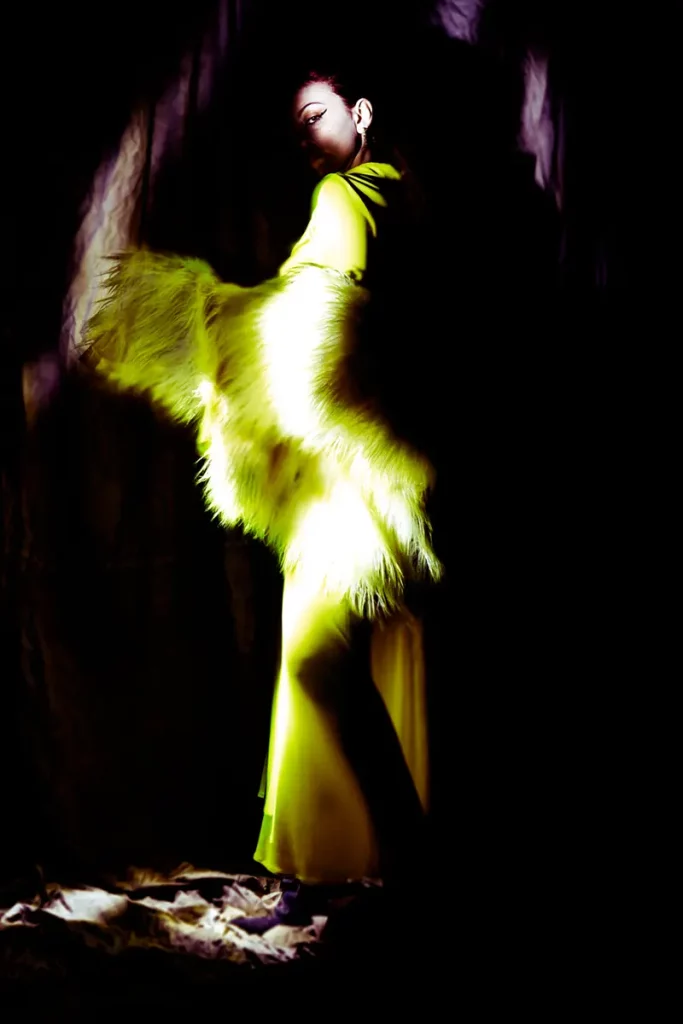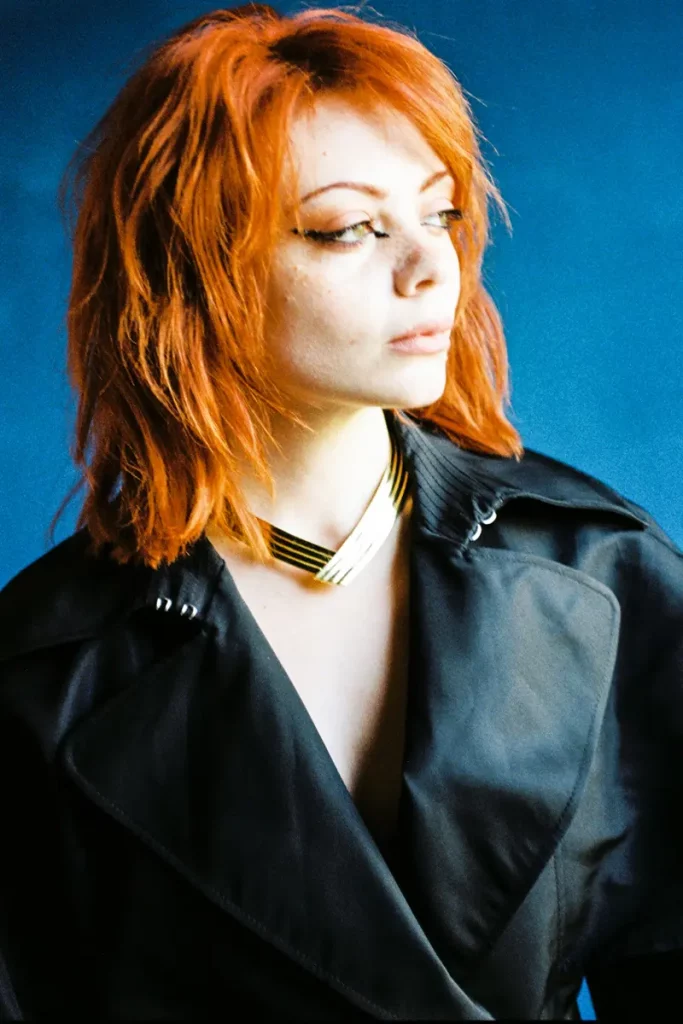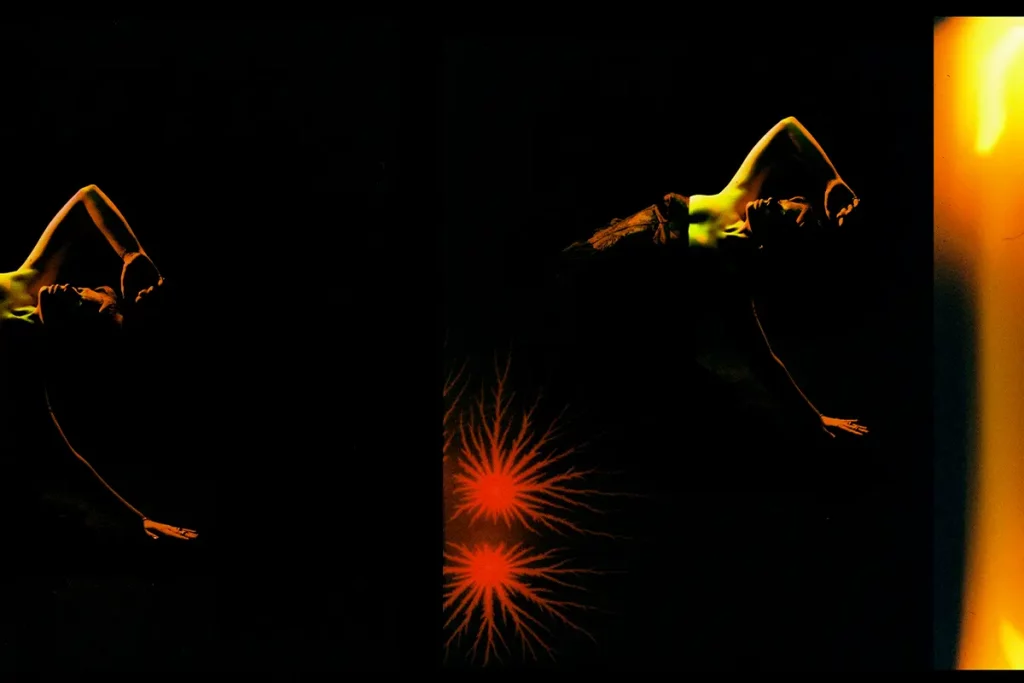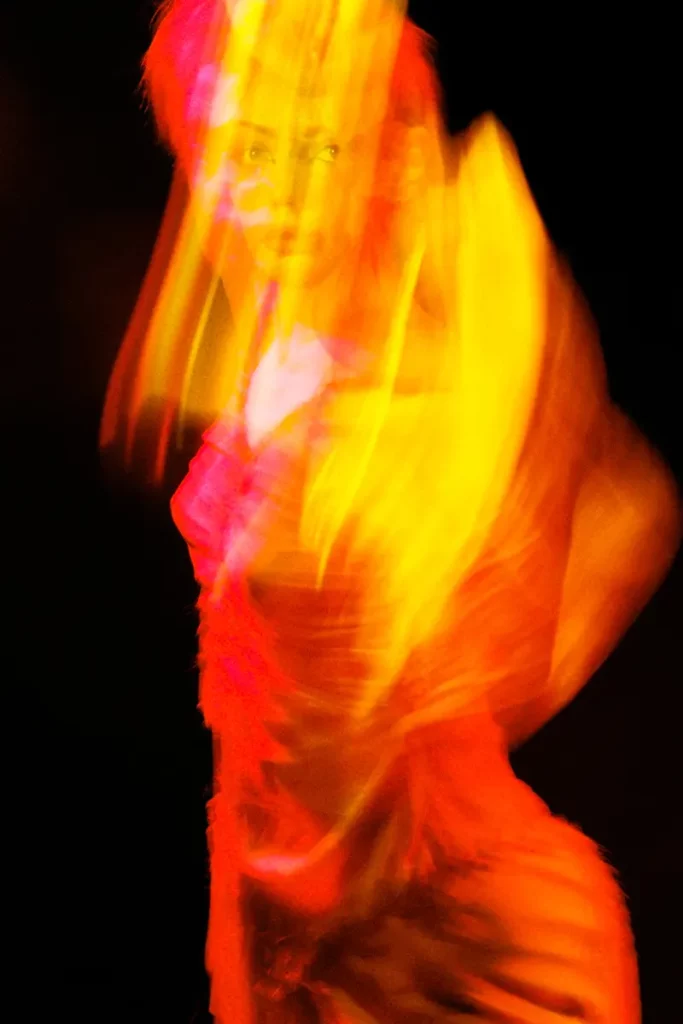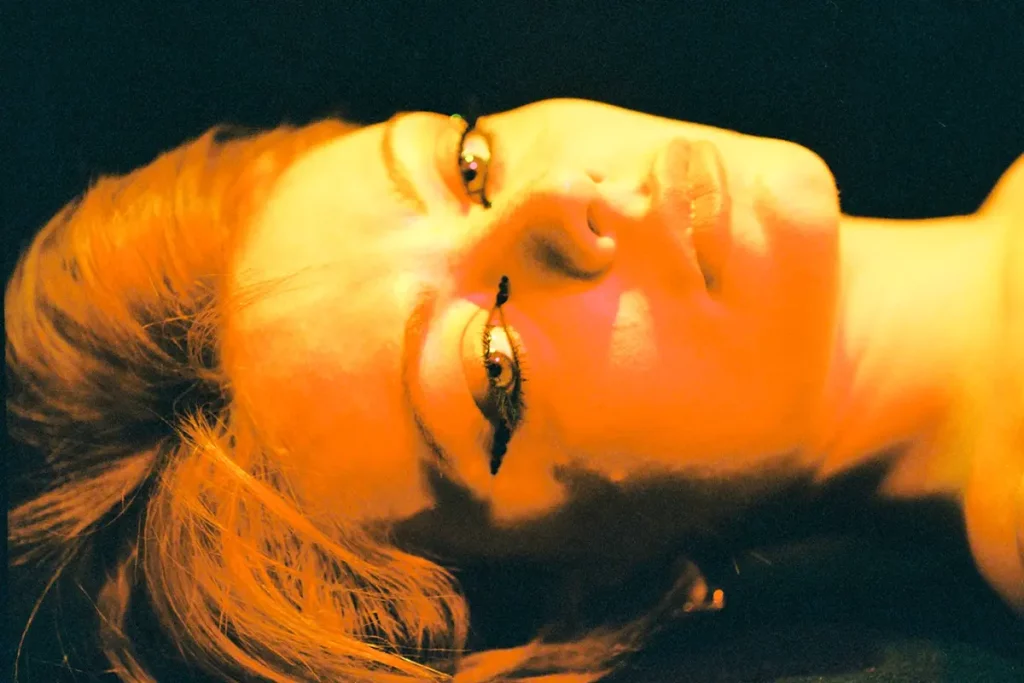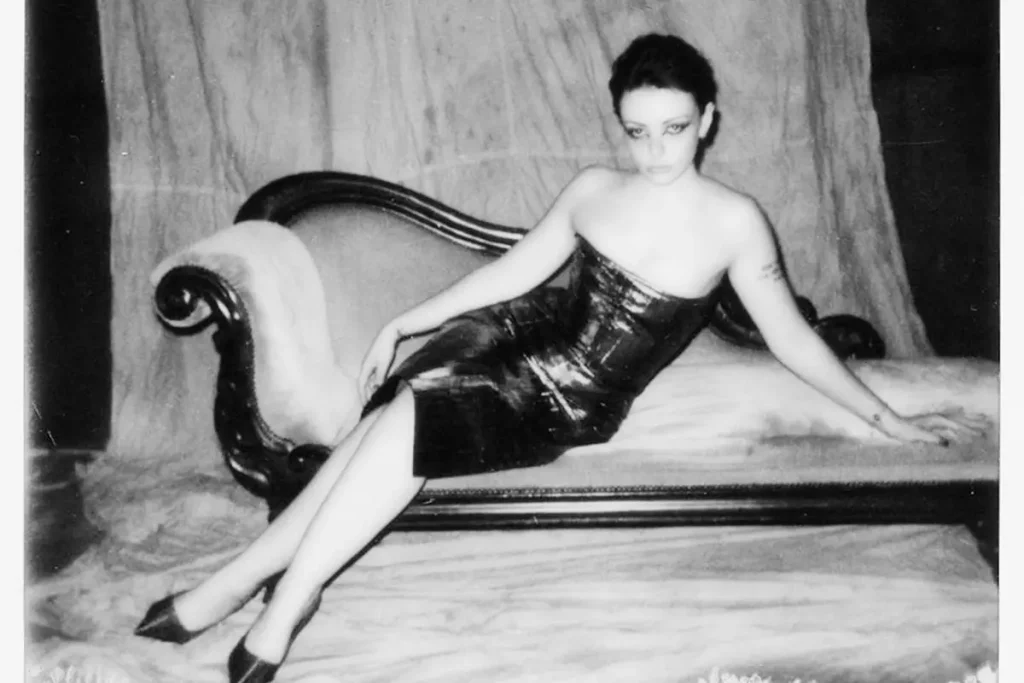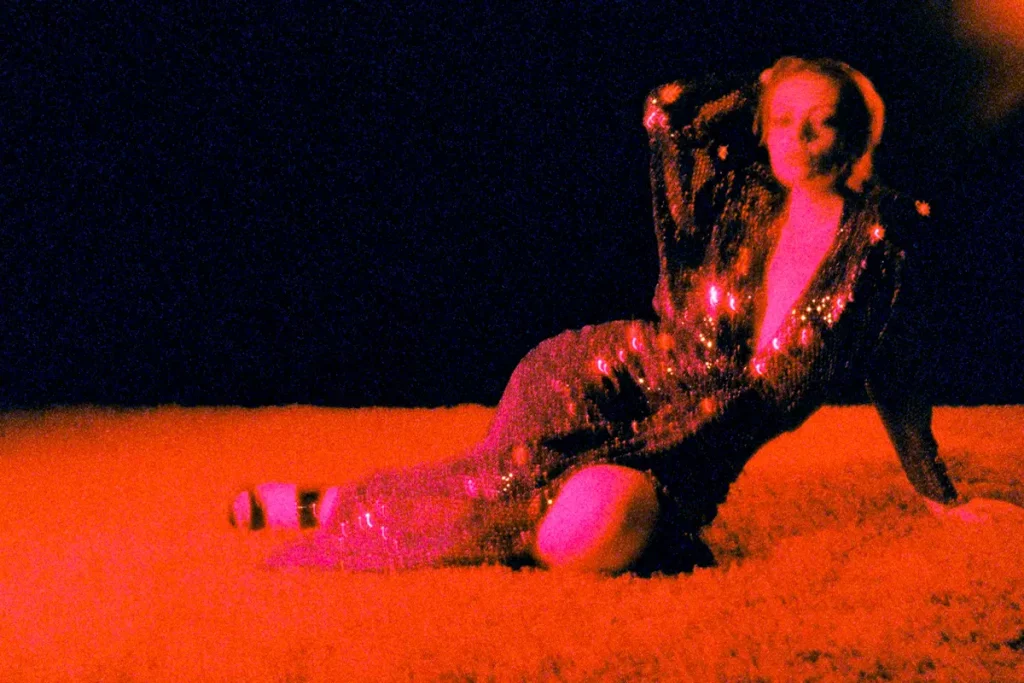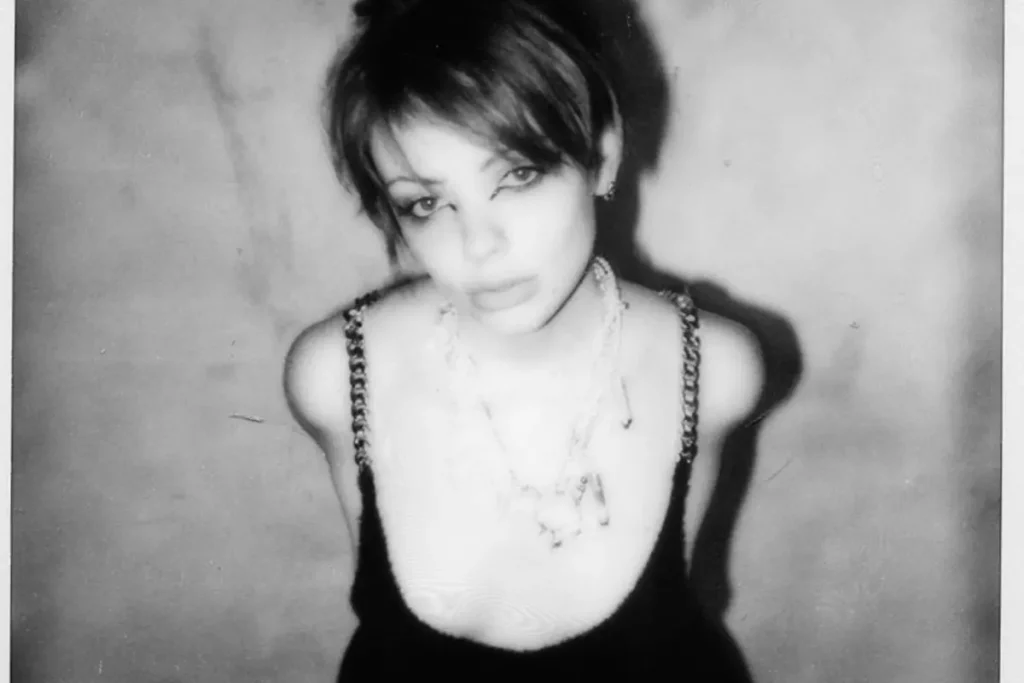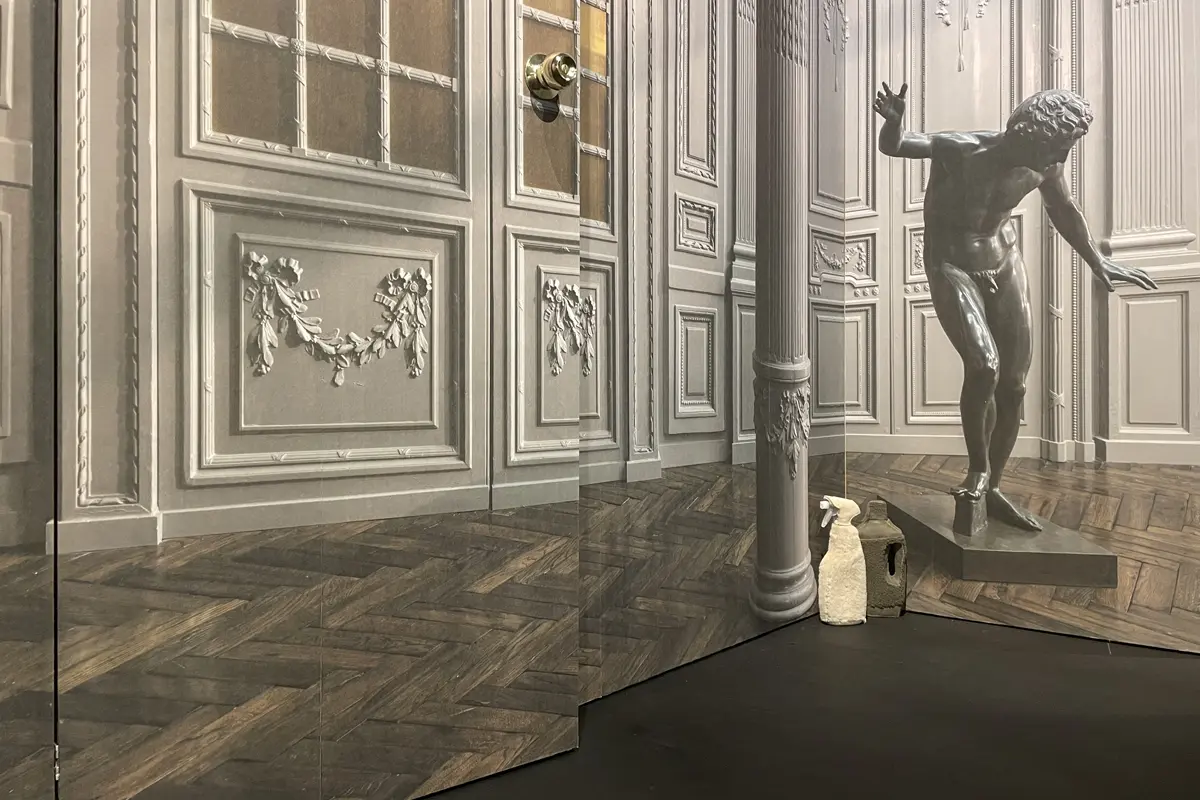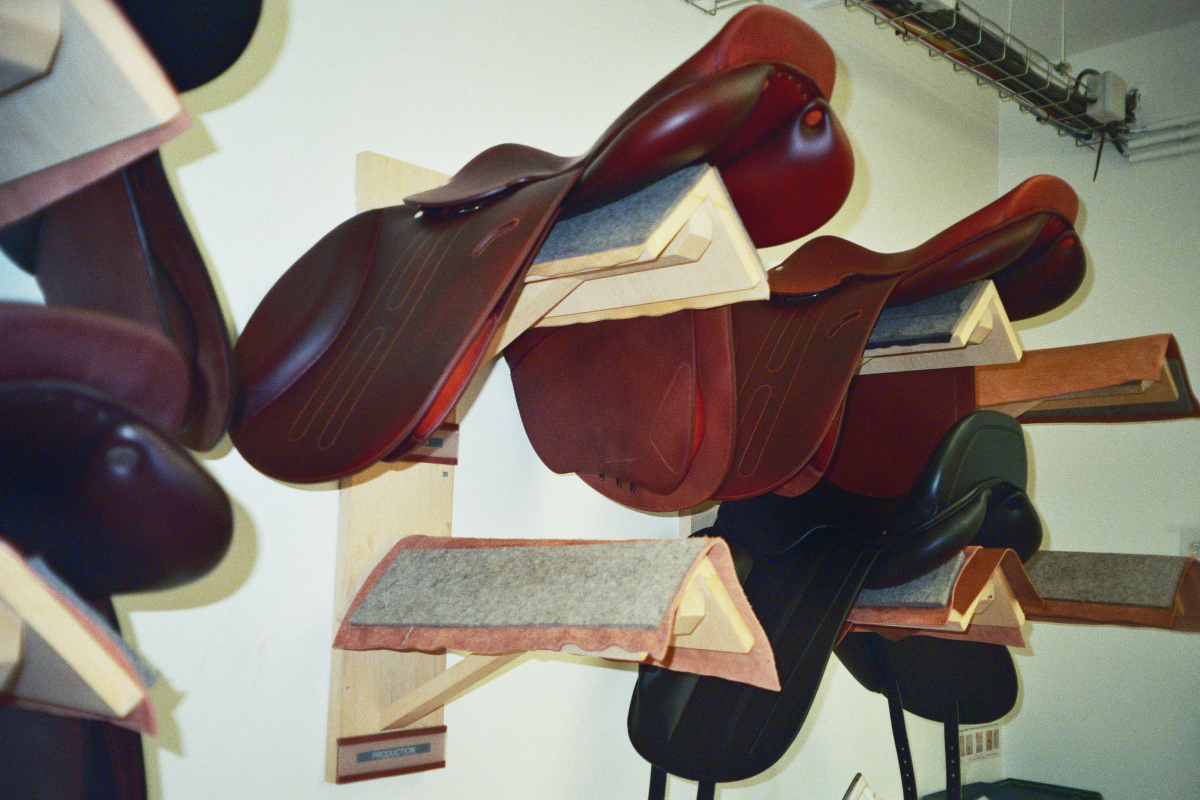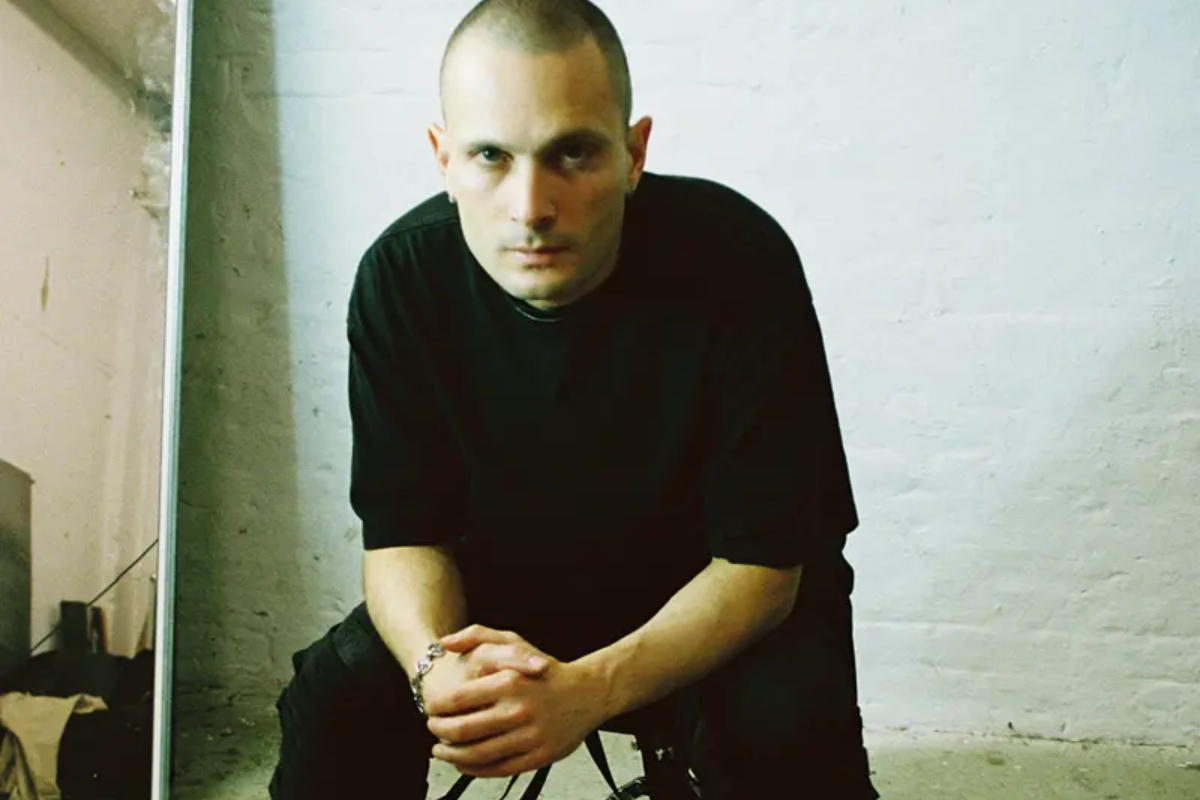Serena de Ferrari talks on about the love-hate relationship with her body, her acting role in Mare Fuori, which tested her psycho-physical state
The relationship with her body and nudity in cinema
«I hate and love myself every other day, like everyone else. Lately it has been much better but during my adolescence I suffered a lot. But when you are acting, your body is not really yours anymore, it belongs to the character you are playing, so judgment and shame disappear. On both sets people were shocked to see me so comfortable with my naked body, but I can discern myself from the character. And as I said, they are just nipples and buttocks, regular stuff of a regular female body.
In Mare Fuori, as well as in other film productions in which she took part, de Ferrari found herself grappling with something which for many actresses – but also many actors – is a source of discomfort and embarrassment: nude scenes. However, Viola feels at ease with her body, indeed she exhibits it in front of her fellow convicts, this does not necessarily mean that it is the same thing for the actress herself.
Serena de Ferrari on the ability to step out of a character
After four years in Viola’s shoes, de Ferrari is happy to have finally said goodbye to the role :« I felt all the burdens of Viola’s character, especially during the last season which was truly devastating in terms of character evolution. Whether you like it or not, these experiences start to hurt inside, I am glad I am done». The actress has already shown that she knows how to immerse herself in other roles with the same intensity and seriousness, as she did in the Netflix series Zero and in the thriller movie The Bunker Game.
Her ambitions are quite different: «Up to now I always played dark characters. But I would like to try my hand at comedy, a totally opposite thing. Perhaps Viola and the other roles I played contributed to instill this desire in me. I tend to watch either niche films or comedies, even demented ones. In fact I think that TV and cinema should also entertain and relieve people of the burdens of daily life. In Italy actors are labeled, thus it is difficult for us to range between different genres».
Acting and growing between dreams, ambitions and the desire in Serena de Ferrari
«Despite my desire to make comedy, my dream would be to star in a film by Lars Von Trier, a controversial person who I feel far from me for many reasons, but whom I truly respect on an artistic level. But I also like Yorgos Lanthimos and David Lynch. In this kind of cinema I think I could give my best. Even her dreams speak of a resolute girl, aware of her means and of the goals she wants to achieve. From the desire to resume her past as a musician – this time through early music – to the need to shake up her career by changing the direction of her future roles – for which she is taking tailor-made acting courses.
«I am very demanding of myself, but I know that sometimes you have to pat yourself on the back. Due to the education I received – at the conservatory – I tend to believe that what I do is never enough. I aim higher and higher, but with my feet firmly rooted into the ground. Indeed it feels weird for me to see some colleagues of mine who feel as if they have already made it, especially at our young age», says de Ferrari.
A one-woman show in five acts by Andrea D’Auria – Serena de Ferrari
De Ferrari was the star of an editorial signed by Andrea D’Auria for Lampoon Magazine. Taking inspiration from cinema icons, works of art and historical figures, the shots by the Italian photographer tell the story of the birth and evolution of a contemporary icon. The Italian actress with her tawny hair, freckled cheeks and piercing gaze is represented as a sexy, seductive, self-confident woman. «I identify with this type of woman, although I only gained this confidence over time», explains de Ferrari.
«In our society there are still too many taboos regarding the woman’s body and her sexuality. We are always victims of external judgment which influences our decisions. I liked the shooting, the topics covered and the way it was done. Our bodies and our sexuality are not things to be ashamed of, it is part of who we are which should not be silenced», she adds.
Lampoon introducing Serena de Ferrari
Italy, and a large part of Europe, met Serena de Ferrari for the first time on the small screen where she played the role of Viola Torri in the three seasons of the Italian series Mare Fuori, produced by Rai Fiction and Picomedia. Among the many troubled kids who, for the most varied reasons, have been confined within the red walls of the IPM (juvenile penitentiary institution) of Naples, the character portrayed by de Ferrari – shockingly believable and plunged into her role – is probably one of the most controversial.
Merciless, icy and ruthless, since her very first appearance Viola managed to capture the attention of the audience, who followed her every move with suspicion and curiosity for three seasons. But the years she lived on and off the set of Mare Fuori were just one chapter in the hectic life of this young actress, who over the years has moved easily between piano, singing and acting.
Serena de Ferrari – the early years: from pianist to actress
De Ferrari found her way into the art world through music. She started studying piano at the age of four, at eight she was already enrolled in the conservatory. Simultaneously, she approached opera singing which led her to join the children’s choir of the Teatro Regio in Turin, and subsequently to move all the way to New York. In the Big Apple she fell in love with the dramaturgical side of the opera and decided to devote herself exclusively to acting by enrolling in a famous New York academy.
«Acting requires to work a lot on yourself by bringing all your emotions out, even the things you wish you could leave buried. Acting, as Americans experience it, is much more serious and difficult. They start from the assumption that you already have multiple characters within you, you just have to learn how to bring them out by transforming your traumas and experiences into acting. It has been a pretty heavy journey for me».
Serena de Ferrari as Viola Torri in Mare Fuori
Playing Viola represented for de Ferrari not only a great acting test, but also a lesson for her career. «I understood that I should never judge the characters we play, on the contrary I must try to empathize with their demons, understand where they come from. No one is born like Viola, life leads you to be like this. Some scenes from the third season were cut because they would have been too raw for the audience, but we still got to see her as a child and understand the reasons which led her to become so ruthless», says the actress.
The months preceding the filming of the first season were very intense for de Ferrari who had to prepare physically and psychologically for the role: «Since Viola is a very sick person, my psychiatrist helped me to study her personality in depth. I knew she was a character who had to be lived to the fullest or it would have been a caricature, unrealistic. I watched a lot of documentaries about serial killers and this helped me understand their psyche. The director of the first season insisted that Viola was icy, impassive. Since she was not physically violent – except in rare cases – I had to focus on psychological violence she was able to exercise on the other convicts», adds de Ferrari.
Serena de Ferrari
Serena De Ferrari was born in Turin on May 4, 1998. After a past as a pianist and opera singer, she studied acting in New York. She became famous thanks to the role of Viola Torri in Mare Fuori, but she also appeared in the film The Bunker Game and in the Netflix series Zero.
Photography Ludovico Andrea D’Auria, styling Eleonora Gaspari
Photographer: @andrea.dauriaph Ludovico Andrea D’Auria
Styling: @eleonoragaspari_ Eleonora Gaspari
Make-up: @c.m.ll Camilla Iacobitti
Hair: @francescoterminehair Francesco Termine
Styling Assistant: @alessandracaponegro @lollomuschi Alessandra Caponegro e Lorenzo Muscarà
Photographer Assistant: Eleonora Silvestri @eleonorasilvestri.photo
Federico Cornacchia @Federico Cornacchia


